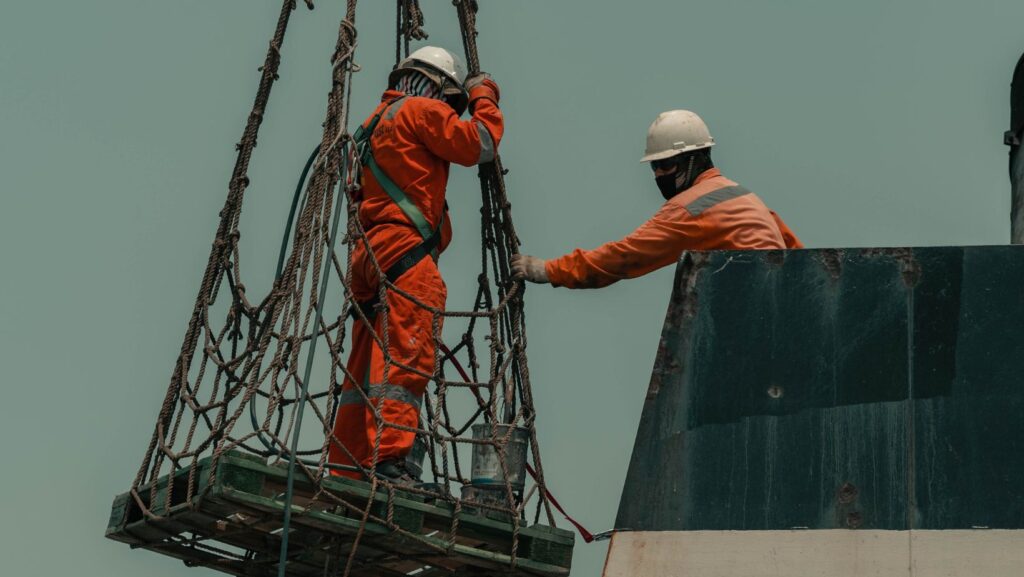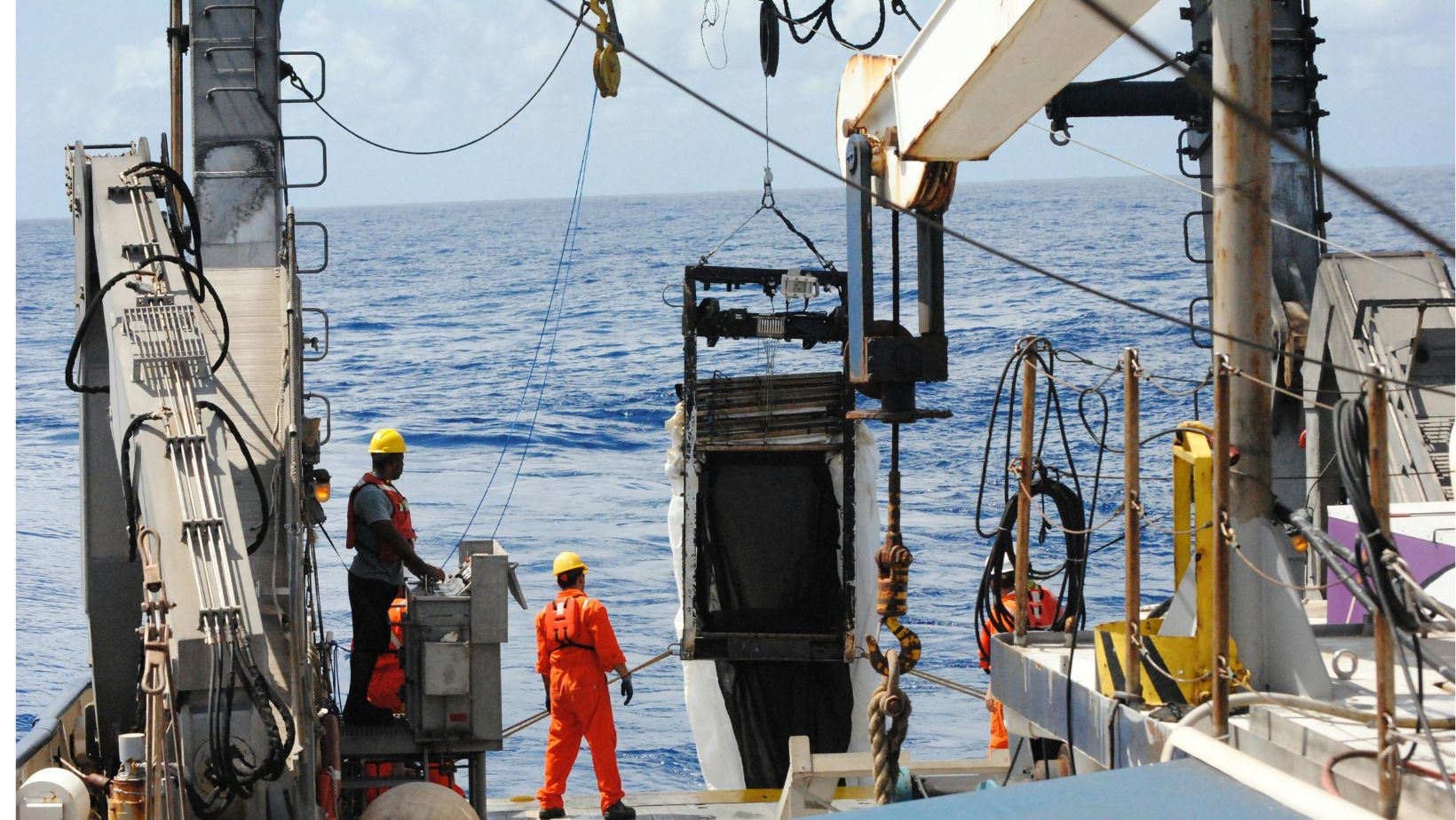
Maritime work is notoriously dangerous. Whether it’s a career on oil rigs, cargo ships, or fishing vessels, seafaring jobs come with serious risks. A split-second mistake or equipment failure can lead to life-altering injuries. For offshore workers injured at sea, seeking justice isn’t always straightforward. That’s where an experienced maritime accident attorney becomes invaluable. Understanding your rights, the complexities of maritime law, and how to build a strong case can make a huge difference in your recovery, both physical and financial.
Why Maritime Law Is So Complex
Maritime law, or admiralty law, is an entirely separate legal system that governs navigation and shipping. It has its own statutes, procedures, and rules. Unlike most workplace injuries that fall under state workers’ compensation, maritime cases often fall under federal laws like the Jones Act or the Longshore and Harbor Workers’ Compensation Act (LHWCA).
This complexity often leaves injured workers unsure where to turn. Employers and insurance companies may try to downplay the incident or pressure workers into quick settlements. Without strong legal representation, your rights could be at risk before you even file a claim.
Understanding Your Rights as a Maritime Worker
Many maritime employees don’t realize the unique rights they have under federal law. The Jones Act, for example, allows eligible seamen to sue their employers directly for negligence—a powerful option not available in typical injury cases. This includes injuries caused by unsafe working conditions, unseaworthy vessels, or lack of proper training.
An experienced attorney knows how to assess your eligibility under this law and what evidence is needed to prove your employer’s fault. They can also help you pursue additional compensation under general maritime law, which may cover maintenance and cure (daily living expenses and medical treatment) regardless of who caused the accident.
The High Stakes of Maritime Injuries
Offshore injuries can be devastating. Workers may suffer from spinal damage, brain injuries, broken bones, or even amputations. These injuries often require extensive medical treatment, lengthy rehabilitation, and time off work, sometimes permanently.
Add to that the emotional toll of physical pain, financial stress, and uncertainty about your future, and it becomes clear why fair compensation is so important. Having a skilled maritime accident attorney on your side can make the difference between receiving enough to recover or being left with insurmountable bills.
How Legal Help Levels the Playing Field
Maritime employers often have aggressive legal teams and insurance companies working hard to protect their bottom line. Trying to handle your case alone can be overwhelming, especially while recovering from serious injuries.
A qualified attorney will take over communication with insurers, gather critical evidence like ship logs and medical reports, interview witnesses, and build a compelling case on your behalf. Their goal is to get you the maximum compensation you’re entitled to—whether through settlement negotiations or courtroom litigation.
The Time Factor: Why You Shouldn’t Wait
Maritime injury cases are subject to strict time limits. Under the Jones Act, for instance, you typically have only three years to file a lawsuit. But certain circumstances or laws might shorten that timeline. Waiting too long can mean losing your right to compensation altogether.
Early legal intervention ensures that evidence is preserved and your rights are protected. A reputable attorney will immediately assess your situation and guide you through the process step-by-step.
Choosing the Right Attorney for Your Case
Not every personal injury lawyer is equipped to handle maritime claims. The best attorneys have specific experience in admiralty law and a history of successful maritime cases. When selecting legal representation, look for someone who understands the physical and emotional toll of offshore injuries and is committed to advocating for your full recovery.
Reading client reviews, asking about past case results, and verifying credentials can help ensure you’re making the right choice. A lawyer who specializes in maritime accidents can anticipate employer defenses and knows what strategies are most effective in court.
Final Thoughts
If you’ve been injured at sea or in an offshore work setting, you don’t have to face the aftermath alone. Legal guidance can help you navigate the complex world of maritime law and secure the compensation you deserve. Working with a maritime accident attorney is not just about legal strategy—it’s about making sure your future is protected and your voice is heard.



